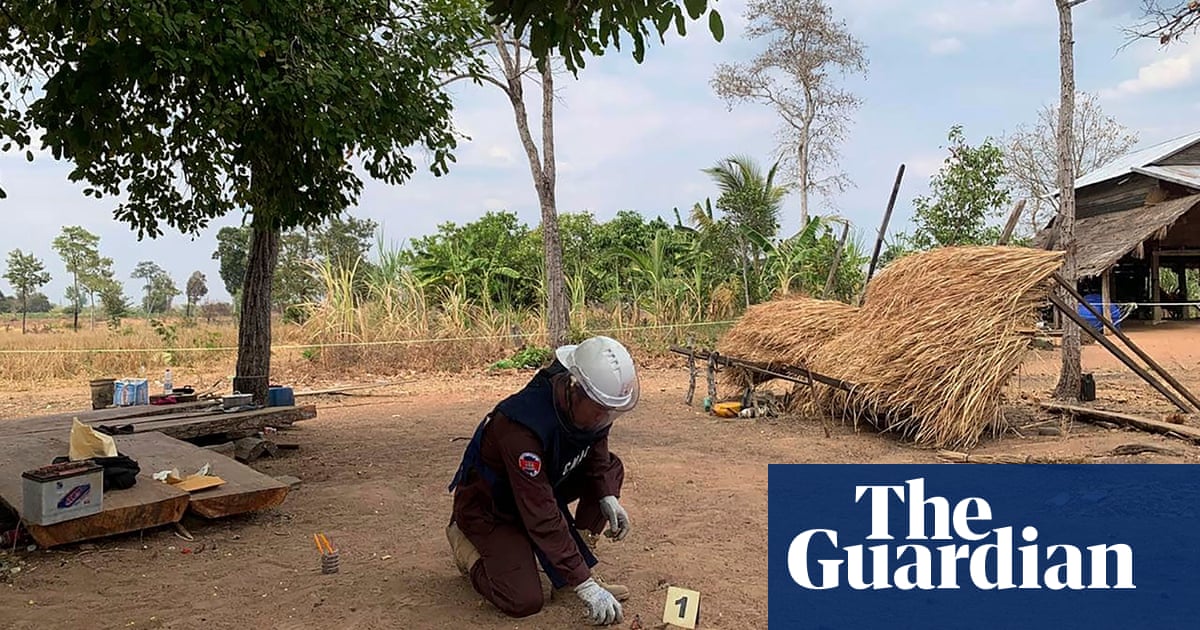WARSAW, Poland — Marian Turski, a Holocaust survivor who became a journalist and historian in postwar Poland and co-founded Warsaw’s landmark Jewish history museum, died on Tuesday. He was 98.
The POLIN Museum of the History of Polish Jews announced his death, describing him as a person of exceptional moral and intellectual qualities who always stood on the side “of minorities, the excluded, the wronged.”
“An authority of global importance, an advocate of Polish-Jewish understanding, a publicist, a historian. A Polish Jew. A person without whom our museum would not exist,” the museum director, Zygmunt Stępiński, wrote in a statement.
Turski survived the Lodz ghetto, where he and his family were forced to live, two death marches and imprisonment at the Nazi German concentration camps Buchenwald and Auschwitz-Birkenau, which was in German-occupied Poland. In all, he lost 39 relatives in the Holocaust.
Unlike many Jewish survivors who left postwar Poland, Turski chose to remain. He was on the political left his entire life, and was a member of the communist party.
He was among a dwindling number of Holocaust survivors and spoke during observances last month marking the 80th anniversary of the liberation of the Auschwitz-Birkenau death camp.
However, it was a stark warning about the dangers of indifference at the anniversary five years earlier that brought him international attention and raised his moral profile among his supporters. Turski said at the time that the Holocaust did not “fall from the sky” all at once but took hold step by step as society’s acceptance of small acts of discrimination eventually led to ghettos and extermination camps.
He also called on people to not remain indifferent when minorities are discriminated against, when history is distorted and when “any authority violates the existing social contract.”
Many in Poland interpreted his words as a critique of the right-wing government in power at the time. However, those on the political right criticized him for using the Auschwitz anniversary to comment on the political situation, and some even suggested that Turski lacked the moral authority for such a warning because he belonged to Poland’s communist party before 1989.
Citing the words of another survivor, Roman Kent, Turski described what should be the Eleventh Commandment of the Bible: “Though shalt not be indifferent.”
Poland’s conservative President Andrzej Duda paid tribute to Turski, saying: “He consistently spoke about the need to cultivate sensitivity to evil. May his memory be honored!”
Turski was born on June 26, 1926, as Mosze Turbowicz, and spent his childhood and teenage years in Lodz, where he attended a Hebrew language school.
In 1944, his parents and brother were deported to the German Nazi camp Auschwitz, and he arrived there two weeks later in one of the last transports.
His father and brother died in the gas chambers, while his mother was sent to work at the Bergen Belsen camp in northern Germany, and Turski was dispatched to work on roads in the Auschwitz-Birkenau area before being sent on two death marches. He was liberated at Terezin close to death from exhaustion and typhus.
In September 1945, he returned to Poland, a committed communist who rejected an offer to go to the West and wanted to help build a socialist Poland.
He used his last time on the stage at last month’s Auschwitz anniversary observance to warn of the dangers of hatred and to recall that the number of those murdered was always far greater than the smaller group of survivors.
“We have always been a tiny minority,” Turski said. “And now only a handful remain.”
Article by:Source:















